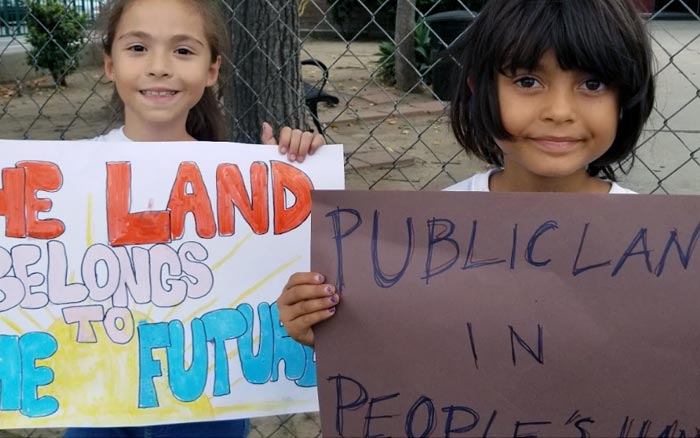
In the past, schools have often focused more on reproducing social patterns and norms than on empowering young people to make change in their communities and country. Practices such as tracking, segregation, unrepresentative and unbalanced curriculum, and more have reinforced the status quo in our educational system. In these environments, learners’ experiences are situated within structures related to race, class, gender, sexual orientation, ability, and more that are implicitly accepted, directly perpetuated, or studied in ways that do not motivate change. But, in order to prepare for tomorrow, learners must begin critically examining social problems and working toward a more fair and just world today. Doing so can have an immediate impact and will help all learners develop the knowledge, skills, and mindsets needed to improve the world in all of the ways they are motivated to improve it.
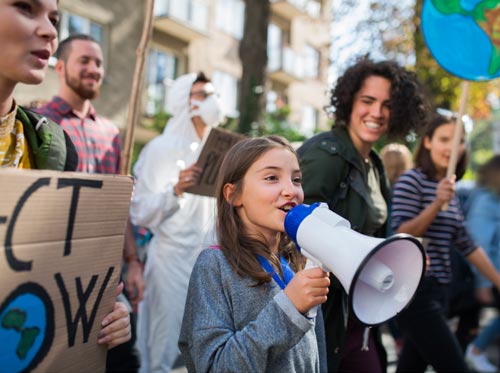
Ensuring learners have opportunities to tackle the injustices that surround them can foster feelings of empowerment and motivation. This is because these opportunities are relevant to learners’ lives and, as a result, bring value to learning. They also provide learners with an authentic opportunity to impact change, and in doing this, foster agency or a sense of control. For learners who have personally experienced adversity or injustice, this can be especially empowering and may bring even greater meaning to learning. In addition, as our society becomes more and more polarized, it is critical for every young person to learn how to act against injustice in ways that are grounded in their own values and the values of their communities.
This Leap Means…
- Learners discussing current and historical events from multiple perspectives to gain a more complete understanding.
- Learners developing the knowledge, skills, and mindsets needed to understand injustice and take action against it.
- Learners internalizing that their individual and collective actions can effect social change.
- Learners exploring and working to solve real social problems with the support to do so.
Education is an act of love, and thus an act of courage. It cannot fear the analysis of reality or, under pain of revealing itself as a farce, avoid creative discussion.
Paulo Freire
Examples
Anti-Bias Education from Roots ConnectED (Grades K-12)
The Anti-Bias Education model targets biased attitudes through curriculum, classroom practices, and deep community building to transform communities to be more just, equitable, and connected.
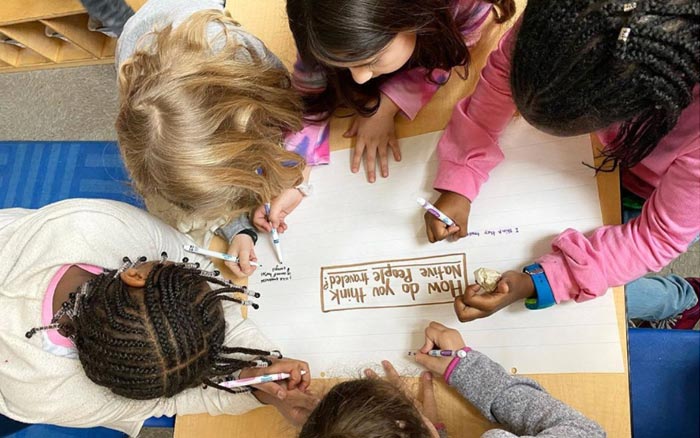
IB Career-Related Programme from International Baccalaureate (IB) (Ages 16-19)
The Career-related Programme incorporates the vision and educational principles of the IB into a unique model designed to prepare students for higher education, an internship or apprenticeship, or a position in a designated field of interest.
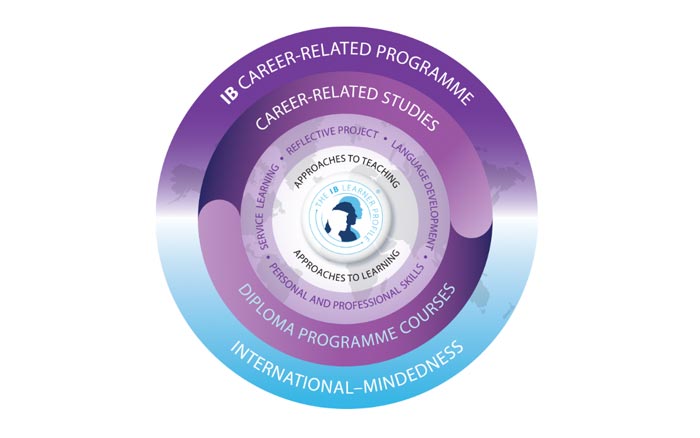
Oceti Sakowin Education Learning Center (Grades PK-5)
Oceti Sakowin Education Learning Center’s model is grounded in Indigenous ways of knowing and being, and supports students to explore challenges and opportunities in their community through project-based learning that taps local expertise and engages community leaders in facilitating guest lessons.
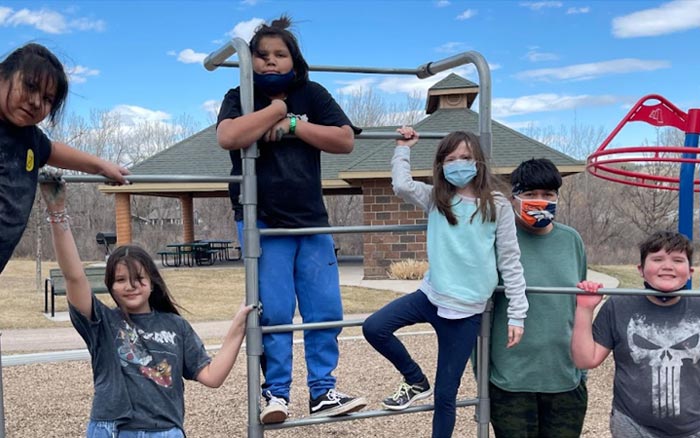
Unidos (Grades K-12)
Unidos’ model designs experiences that honor Chicano/Latinx/Mesoamerican/Indigenous cultures, promote agency and neighborhood-based activism, and elevate student and community stories and voices.
